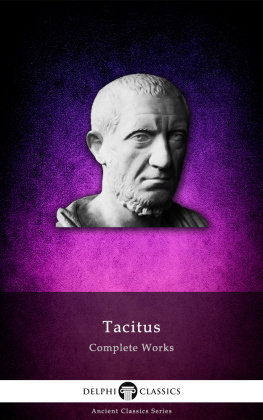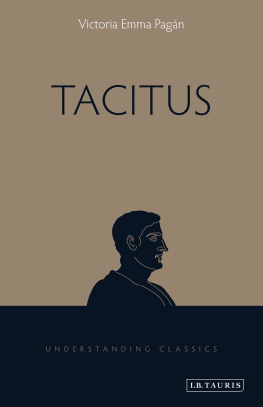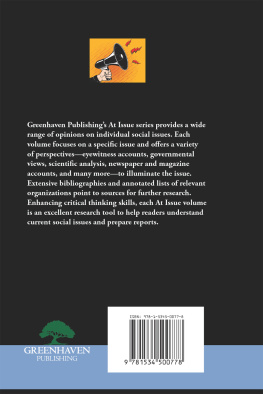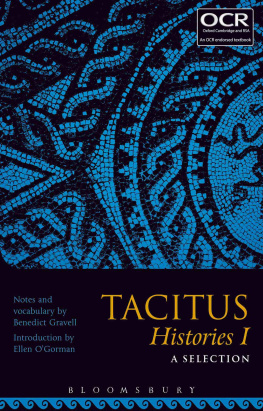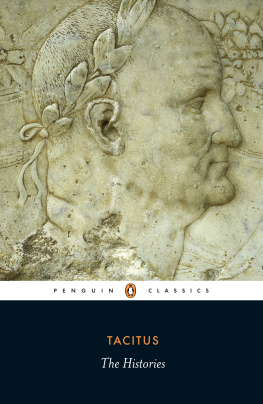Preface
The research for this book was supported by a University Research Fellowship from the Institute of Advanced Studies at the University of Bristol, and by a Margo Tytus Fellowship from the Faculty of Classics at the University of Cincinnati. I am immensely grateful to both funding bodies for this support, without which I would not have completed the book, and also to the Faculty of Arts Research Fund at Bristol, for covering the costs of the book cover. My heartfelt thanks also to our indispensable subject librarians, Damien McManus and Tim Riley, for all their help over the years. My colleagues in the Department of Classics and Ancient History have offered intellectual challenges and collegiality for longer than I care to admit: Emma Cole, Lyndsay Coo, Will Guast, Kurt Lampe, Bella Sandwell, and Edwin Shaw. In particular, the friendship of Bob Fowler, Pantelis Michelakis, and Vanda Zajko have kept me going in darkest times. The last stage of writing was enhanced immeasurably by the presence of Aske Damtoft Poulsen, who shared with me many discussions of Tacitus and generously read several draft chapters: his insights have sharpened many of my thoughts in this book. My graduate students have taught me more about writing than anyone, and I am lucky to have supervised them: Hannah-Marie Chidwick, Richard Cole, Corbin Golding, and Dana Lungu. Four generations of undergraduates studying Roman Emperors: A Survival Guide have helped me to clarify my thoughts about the experience of imperial subjects: I thank them for their energy and engagement.
Papers related to this research have been delivered over the years at Bordeaux, Bristol, Exeter, Jerusalem, Liverpool, Lund, Rome, and St Andrews, where I have been fortunate to discuss and refine my ideas with various audiences whose responses have helped me greatly. Four months spent at the Faculty of Classics in the University of Cincinnati was transformative in all the best senses, and I am profoundly grateful to Steven Ellis for managing my visit, Emilia Barbieri, Marion Kruse, Daniel Markovich, Carina Moss and Susan Prince for much hospitality, and my fellow Tytans, Peter Day and Lisa Mignone, together with Lindsay Taylor and John Wallrodt, for community feeling and much laughter. Conversations with Lauren Donovan Ginsberg about Tacitus were immeasurably helpful and delightful. Over at Xavier University, Tom Strunk contributed further stimulating exchanges on Tacitus and politics, and provided helpful comments on the whole draft in its near-to-final form.
Fellow Taciteans and para-Taciteans over the years have made me think and rethink Tacitus politics and the meanings of his texts: Rhiannon Ash, Shreyaa Bhatt, Olivier Devillers, Tom Geue, Elena Giusti, Elizabeth Keitel, Simon Malloch, Victoria Emma Pagn, Amy Russell, Lydia Spielberg, Henriette van der Blom, and Chris Whitton. Elizabeth Keitel and Andrew Feldherr generously read and commented on an early book draft, and Christopher Pelling and Andrew Feldherr (again) very kindly wrote in support of my grant applications. None of the aforementioned is responsible for the errors or infelicities of what follows.
The editors at Bloomsbury have been models of professionalism and friendly encouragement at every stage of the project. Alice Wright prompted me at just the right moment to get on with saying what Ive been thinking for a long time. Lily Mac Mahon has provided invaluable advice for every issue, large or small, that came my way. Goretti Cowley has been a patient and precise copy editor. The referees for the manuscript administered a salutary dose of well-founded scepticism and made me think again and argue more carefully.
Outside of academia, my friends and family were (mostly) understanding when I couldnt come out to play. My thanks (and apologies) to the Bristowe consort, Collingwood viols, Crumscrum, Mosaik, Pink Noise, RRV, SkWirrals, and Stanton Prior voices and viols. The OGorman-Harings, Sillen-OGormans, OGorman-Kellys, and Bannons have all been wonderful, and they can stop reading now. My husband, Duncan Kennedy, has been a tower of strength, silliness, and incisive comment, and I expect him to read to the end.
Introduction
1 Imperial regimes of truth
In the tenth year of Tiberius reign ( AD 24), the eminent consular Marcus Lepidus successfully argued to reduce the severity of a sentence upon Sosia Galla, charged along with her husband with treason. The episode prompts Tacitus to reflect on the principles underlying a successful senatorial career under an emperor.
unde dubitare cogor, fato et sorte nascendi, ut cetera, ita principum inclinatio in hos, offensio in illos, an sit aliquid in nostris consiliis liceatque inter abruptam contumaciam et deforme obsequium pergere iter ambitione ac periculis vacuum.
Ann. 4.20.3
Hence I am compelled to wonder whether it is through fate or the chance of birth (as other things are) that the favour of rulers is bestowed on some men and their dislike upon others, or whether there is something in our conscious behaviour which enables us to steer ourselves between brusque defiance and shameful compliance and to pursue a path clear of ambition and dangers.
Tacitus has not arrived at this question unexpectedly, for it shapes his thinking from Agricola to Annals: what is the relationship between what Thus his actions conform to Tacitus description of the senators ideal career, to steer a middle way between defiance and complicity. But they also highlight how limited that description is, for it says nothing about the concrete achievements of Lepidus, or what those achievements might mean for Sosia and her descendants. The empty path of success, clear of ambitions and dangers, is actually filled with smaller, incremental gains for the social and political culture of the imperial senators.
My central argument in this book is that, by looking at senatorial activity as it is narrated in Tacitus works, we can recover a representation of what was politically effective in the imperial senate and can explore its productivity for good or ill. My contention is that Tacitus saw and presented in his works the possibility for a senator to engage in effective political action, and that such a possibility becomes visible to us when we consider a senators action as having multiple aims and outcomes. Again, while Tacitus reflection on the principles of senatorial success in Ann. 4.20 are oriented entirely around a subjects relationship with the ruler, the narratives of senators actions show that effective political action is not always along that single axis. Lepidus proposal may be prompted by commitment to the law, rivalry (or even alliance) with the proposer of the original sentence, or by friendship with the condemned, as much as by his relationship with Tiberius.
Hence the title of my work princeps and thereby forecloses on rulersubject relationships of this kind. The political vision projected by flattery generates a new kind of truth-regime within which certain modes of speech, such as deliberation or advice, lose their validity.



